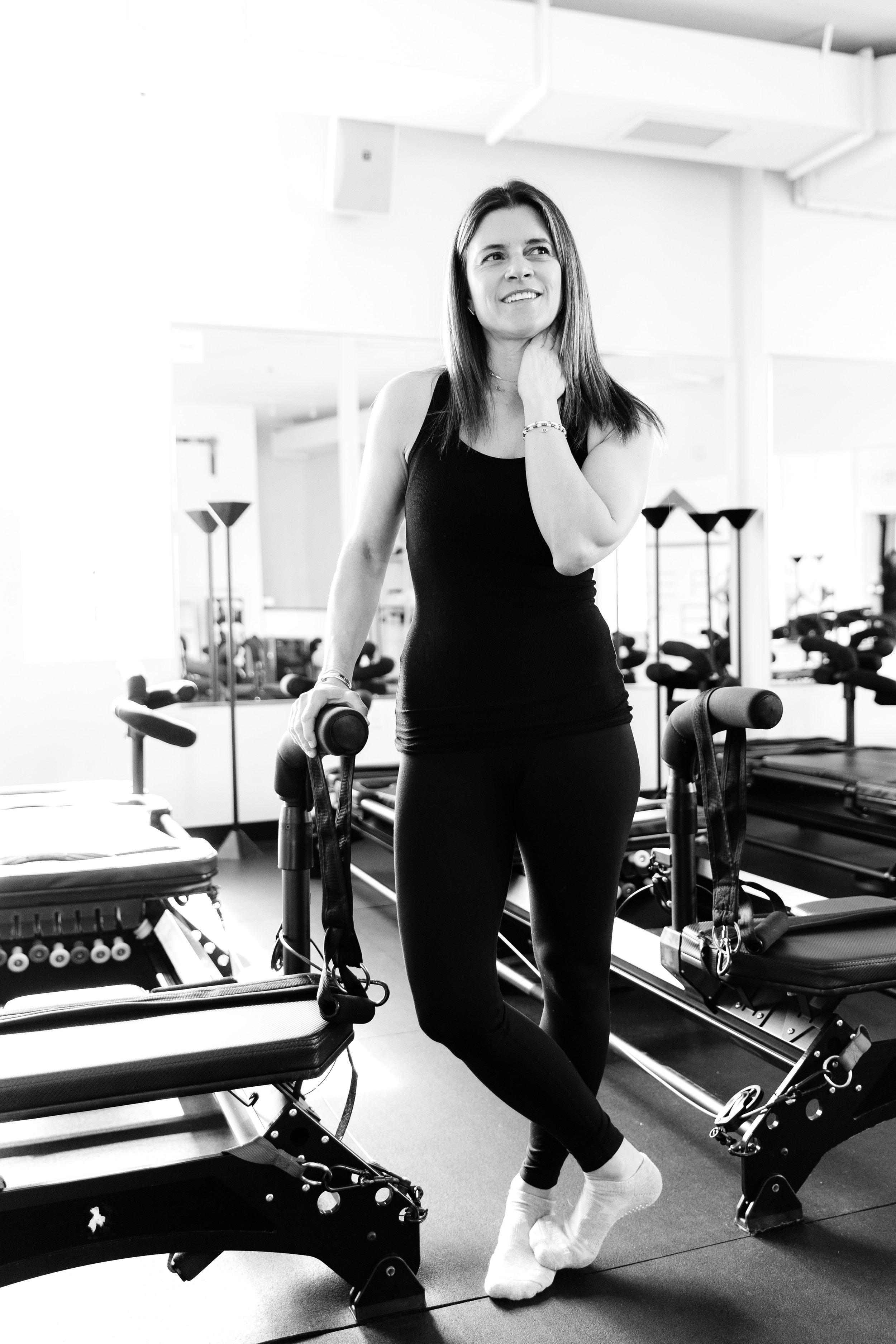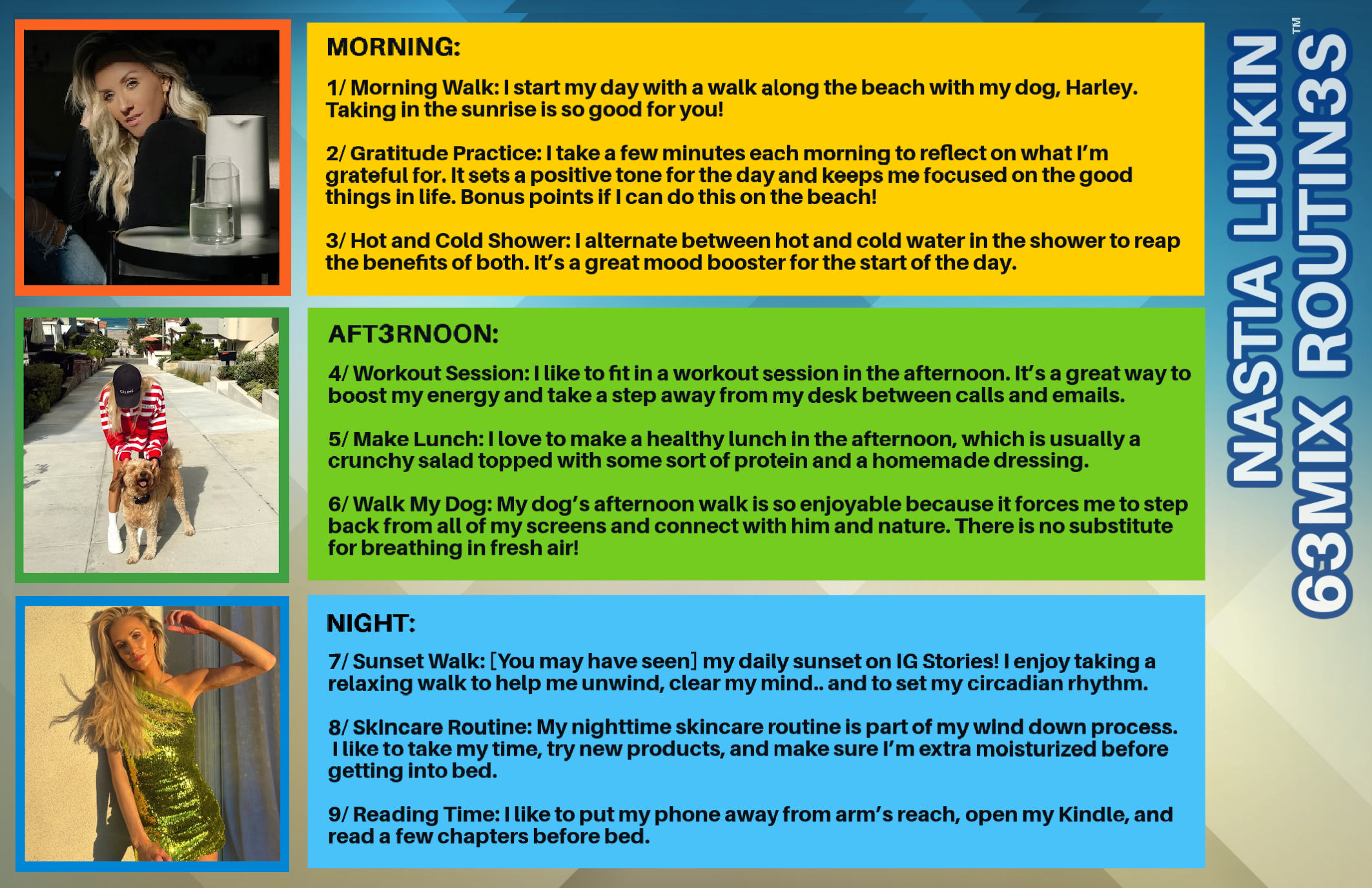Sleep is an essential component of your overall health and well-being. Even though sometimes you may neglect it, sleep helps your body repair, be fit, and get you ready for another day.
Getting adequate sleep can prevent excessive weight gain and heart disease. Sleep disorders, lifestyle choices, sleep disorders, or work obligations can also contribute to your lack of adequate sleep. In addition, you are likely to have less sleep if you have poor sleep hygiene.
Mattress quality also contributes to the quality of sleep you are likely to get. A bad mattress can cause discomfort making it difficult to fall asleep. In addition, poor quality sleep can adversely affect your physical and mental health. Here are tips to help you improve your sleep.
What are Unhealthy Sleeping Habits
Some unhealthy habits include:
● Eating a Large Meal– While your body can do two things at once -sleeping and digesting, hitting your bed right after eating is not ideal. As you could suffer from unwanted heartburn or much-needed bathroom breaks - it could also negatively affect your sleep cycle.
● Using Your Bedroom for Multiple Things– The growing use of electronic devices such as gaming systems, televisions, computers, and other gadgets can harm your sleep. It can interfere with both the quality and quantity of sleep, and to counter this factor, keep technology out of your bedroom.
● Drinking Alcohol, Coffee, or Smoking Before Bed– Drinking alcohol before bed can make you tired and fragment your sleep stages. It can also worsen snoring and sleep apnea. On the other hand, caffeine drinks work as stimulants and can make you stay awake for long. If you are sensitive to caffeine, avoid taking it 4 to 6 hours before bed.
● Vigorous Exercise Before Bed– Thirty minutes of exercise a day can give you a good night's sleep. However, strenuous physical activity can stimulate your nervous system and raise your heart rate, making it difficult to fall asleep. Therefore, avoid vigorous exercise before bed as it affects sleep quality.
6 Tips to Improve your Sleep:
1. Have a Sleep Schedule
Keeping a regular sleep schedule can help you improve your sleep and help you wake up quickly. Set aside at least 7 hours for sleep, and make sure that you wake up at the same time every day. If you do not fall asleep within 20 minutes, leave your bedroom, do something relaxing, and go back when you feel tired.
2. Pay Attention to What You Eat and Drink
Avoid taking a heavy meal just before bed, which can lead to discomfort that could force you to stay awake longer. Don't go to bed hungry either, and avoid alcohol, nicotine, and caffeine.
3. Create a Peaceful Bedroom
The more pleasant your environment is, the better sleep you get. Start by clearing clutter, keep your room cool, invest in good quality sheets, and add a relaxing scent to improve your mood.
4. Limit Your Daytime Naps
The more you sleep during the day, the less tired you will be at night. Daytime naps will likely increase your insomnia symptoms.
5. Exercise During the Day
Moderate to vigorous exercise during the day can increase the quality of your sleep. For example, running on the treadmill, pedaling, or simply walking can significantly improve sleep.
6. Keep Your Stress low
Avoid stress and go to bed only when you are sleepy. High levels of stress can lead you to feel overwhelmed right before bed and result in a racing mind that doesn't want to shut down.
Going the Extra Mile—Tips When Daily Tasks to Improve Sleep Aren't Working
1. Reduce Blue-Light Exposure During the Evenings
Too much exposure to blue light can affect your sleeping and waking internal body clock. Reduce blue-light exposure by cutting back screen time 2-3 hours before bed. Or invest in UV protectant glasses.
2. Purchase a new mattress
What if your mattress is the reason why you are not getting a good night's sleep? A mattress should support the health curvature and fit your budget. Finding the right mattress can add up to great sleep. You can shop Nolah mattress online and start enjoying your sleep.
3. Invest in Blackout Curtains
Blacking out light can increase your melatonin levels and make you fall asleep faster. In addition, investing in blackout curtains can improve the quality of your sleep as they can absorb noise, block direct sunlight, and control your room's temperature.
4. Take melatonin supplements
Melatonin supplements work as any sleeping pills, and you should use them as directed by a physician.
5. Rule Out Sleeping Disorder
Review your sleep history with your doctor to rule out any sleep disorder. Then, your doctor will perform a physical exam and ask questions to see if there could be an underlying sleep problem.
Sleep Well
For you to get high-quality sleep, it depends on how much you exercise, the combination of foods and drinks, and how much time you spend on your screens. A good sleep should refresh you and keep you alert and ready for the day. Ensure you take the proper steps to get the best sleep possible











